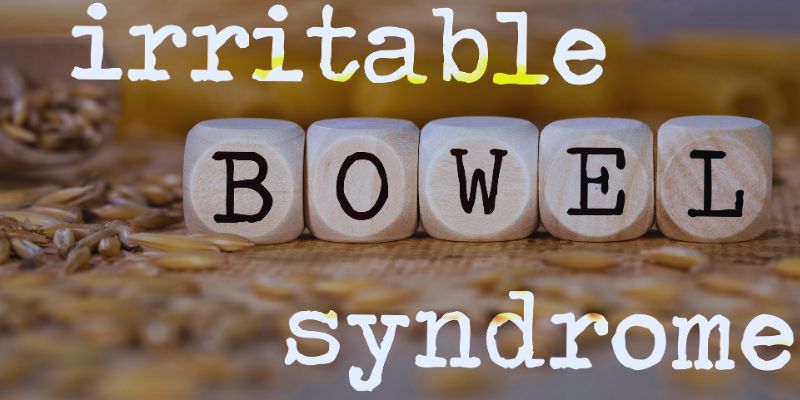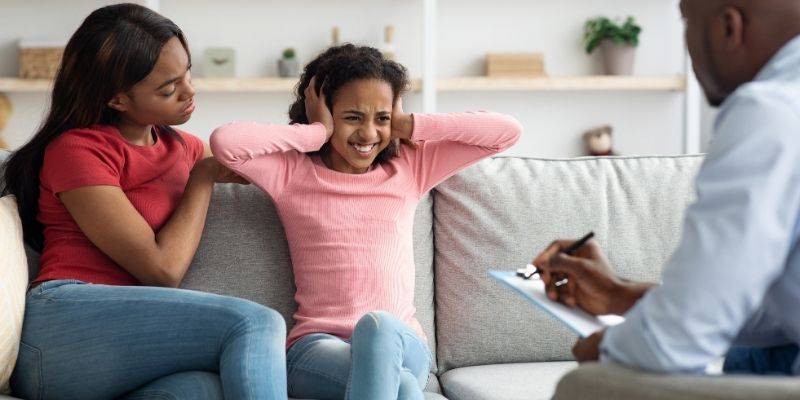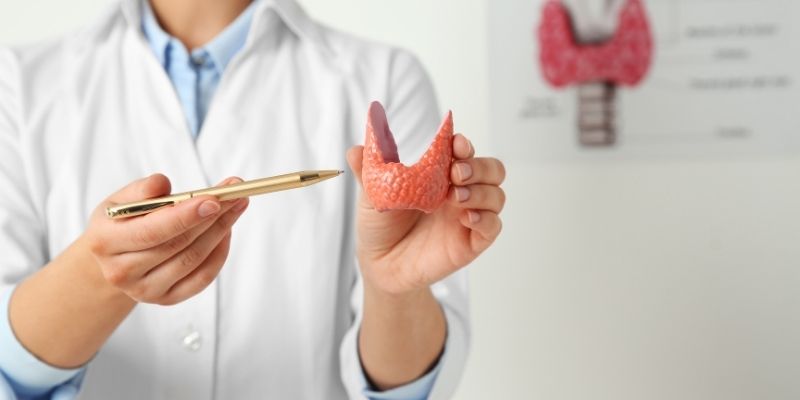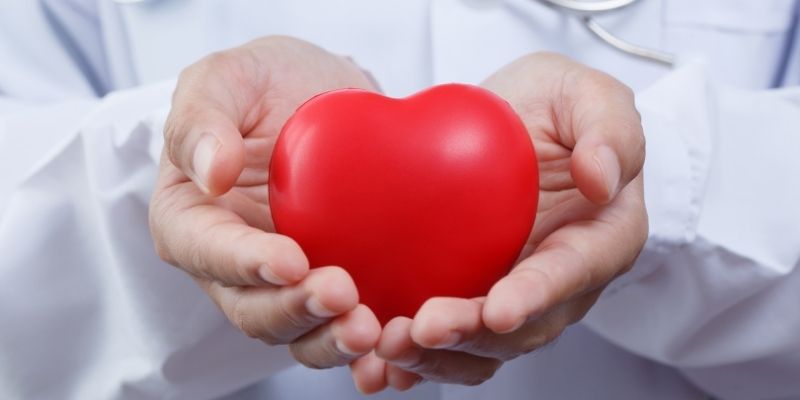In today's world of health, the mental health of young people is a hot issue of discourse. The demand for easy-to-use and effective ways to promote mental health grows as stresses like schoolwork, job insecurity, social problems, and too much time spent online increase. Physical exercise has become one of the most potent tools for transforming both the mind and body, not merely as a means to improve mental health.
Exercise is now widely recognized as an essential component of mental health research and therapeutic practice. It works on more than just the body; it also works on the mind and society. Regular exercise may help young people who are undergoing significant emotional and mental changes find stability, confidence, and resilience that extend beyond the physical.
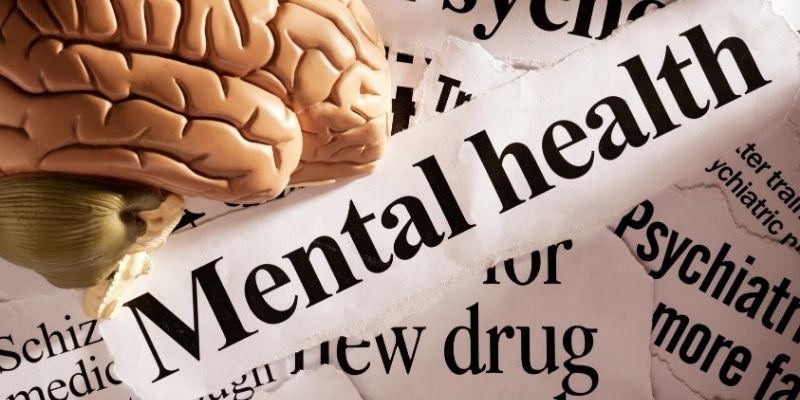
How moving may make you feel better
When it approaches to mental health, the emotional benefits of exercise are among the most obvious and immediate. When young people move about, whether it's a brisk stroll, a dancing class, or organized sports, their bodies naturally produce endorphins, dopamine, and serotonin. These neurochemicals work together to lift your mood, ease your anxiety, and provide a sense of serenity that is both grounded and energizing.
These advantages are especially helpful for those who are dealing with chronic stress or early indications of depression in their everyday lives. Movement gives you a break from negative thoughts and makes you feel like you've accomplished something, which might change a hard day. This clarity and balance are crucial for developing emotional strength, especially during significant life transitions.
How structure and routine may help with anxiety.
The concept of regularity lies at the intersection of mental clarity and physical practice. When a young adult makes exercise a regular part of their life, it gives them a feeling of stability and purpose that directly opposes the unpredictability of everyday pressures. This framework helps with time management and also promotes better sleep, food, and social habits, all of which are good for your mental health.
Structured physical exercise lowers cortisol levels, the main stress hormone, which helps the body go from fight-or-flight reactions to stages of recuperation and introspection. People can regain control and bring their inner world and outside responsibilities into balance by engaging in regular physical activity, whether it's through group fitness classes, personal exercises, or outdoor activities.
Exercise as a Way to Boost Self-Esteem and Confidence
Exercise is an important way to build confidence, especially during the teenage and early adult years, when self-image issues typically worsen. No matter how big or little the success in physical performance, it gives you a deeper feeling of agency and self-belief. Every time you reach a goal, like jogging a mile or learning a new movement, you contribute to a story of your abilities and progress.
From a psychological development perspective, these events help build a positive self-image. When young people start to view their bodies as more than just their appearance but also as tools for strength and endurance, it can be a significant shift in their perspective. This change is especially important for those who have struggled with comparison or a poor body image, as it allows them to have a more genuine and grounded connection with themselves.
Activity improves cognitive clarity and focus.
Exercise is a great way to boost brain function, particularly in terms of learning and productivity. Being active promotes blood flow to regions such as the prefrontal cortex and hippocampus, which are crucial for memory, attention, and decision-making. This increase in blood flow and oxygenation makes it easier to think, remember things, and solve problems quickly, all of which are very important for young people in school or under a lot of stress.
Additionally, the movement stimulates the brain to produce brain-derived neurotrophic factor (BDNF), a protein that facilitates the development and connectivity of neurons. As this biological process happens, it improves both short-term cognitive function and long-term mental flexibility. Exercise is a whole-body method for improving both the mind and the body when combined with disciplines like mindfulness or breath work.
How to Build Emotional Strength and Ways to Deal
Young people often perform better when they have dependable ways to manage their problems, which helps them feel more emotionally stable. Different kinds of exercise can support you manage emotions like anger, irritation, or melancholy healthily. It turns stress into physical activity, which allows feelings to be released instead of being held in. Over time, this physical activity becomes a reliable way to deal with stress.
Movement is crucial for building resilience in mental health methods. Young people learn to face obstacles with hard work and determination rather than avoiding them. This purposeful practice of showing up for yourself, particularly when you don't feel like it, helps you develop a deeper sense of emotional resilience, which is essential for navigating life's uncertainties.
Making social connections stronger and lessening loneliness
From the perspective of community and belonging, being active is a great way to connect with others. Shared activities, whether it's through team sports, group fitness programs, or casual strolling groups, help people feel like they are part of something bigger and working toward the same goal. This social aspect is especially important for young people who are dealing with loneliness, feeling disconnected, or moving to a new place.
In the field of mental health care, being alone is a recognized risk factor for anxiety and sadness. Exercise is like a bridge that helps people make friends, trust one another, and share experiences in a safe and invigorating setting. These interactions help make the social ecology healthier by enhancing the emotional benefits of activity through group synergy.
Making habits that last for a lifetime of health
Setting up fitness regimens that are both fun and easy to follow is a crucial step toward achieving long-term health. Young people don't need to be flawless or work out hard all the time; they need to be consistent and focused. Finding delight in physical activity, whether it's through dancing, biking, yoga, or strength training, makes the habit easier to stick with and more a part of daily life.
Reflection is crucial for maintaining these practices. People are more likely to remain on track with their objectives and stay motivated if they continually assess what works and make adjustments as needed. The process shifts from being about discipline to being about self-respect, which empowers young people to prioritize their own needs without feeling guilty or pressured.
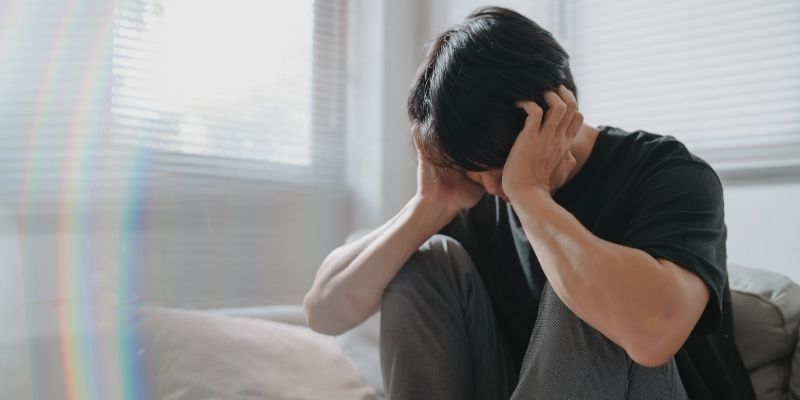
Conclusion:
Young people are seeking solutions that support both their mental and emotional comfort in today's world. Exercise is a unique and powerful remedy that combines physical health and mental clarity. It builds confidence, helps you concentrate, lowers tension, and strengthens emotional ties.
In terms of health, there aren't many things that give such a wide range of advantages with little expense or danger. Young people may build both physical and mental strength by making activity a regular part of their lives. They may improve their lives, maximize their potential, and achieve lasting mental health by adhering to a regular schedule of activities.







